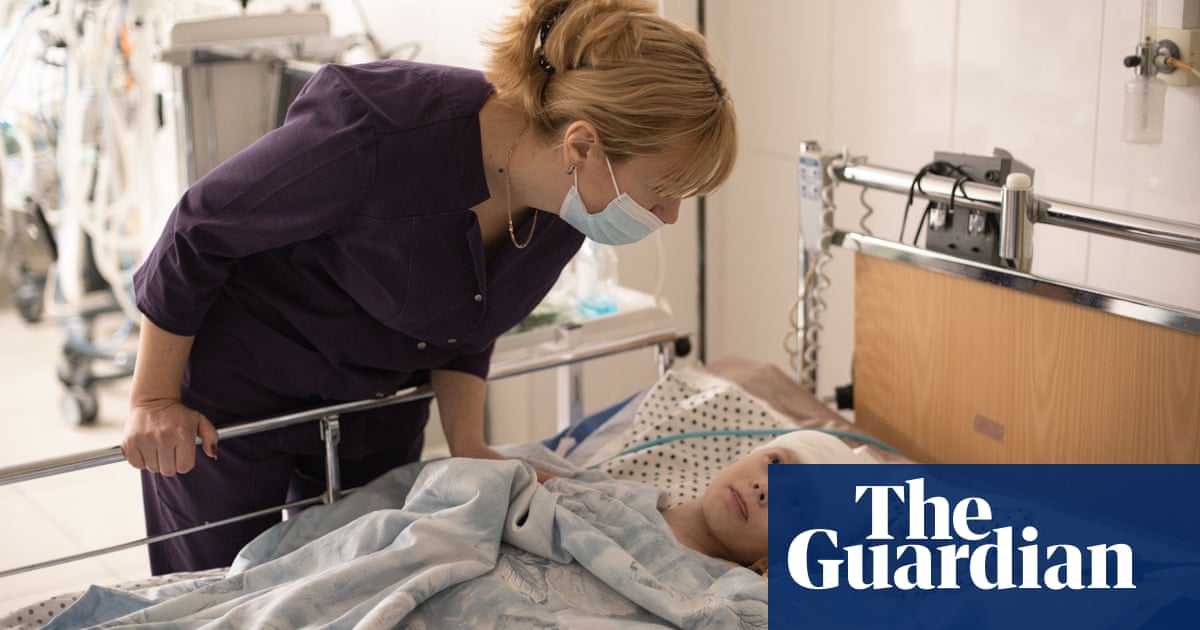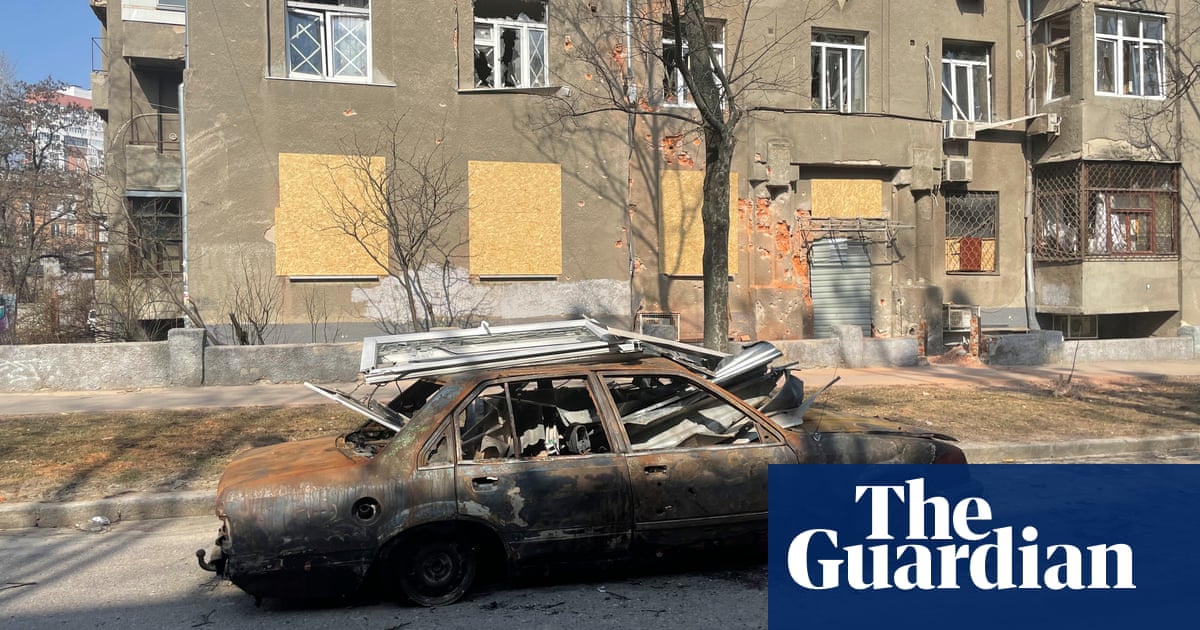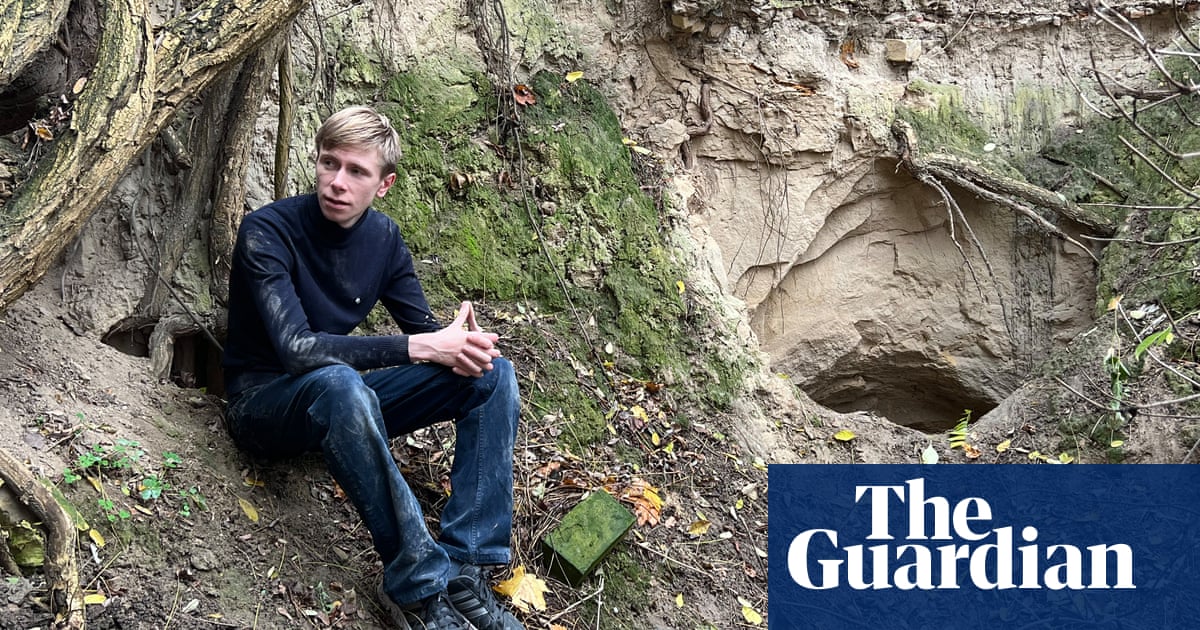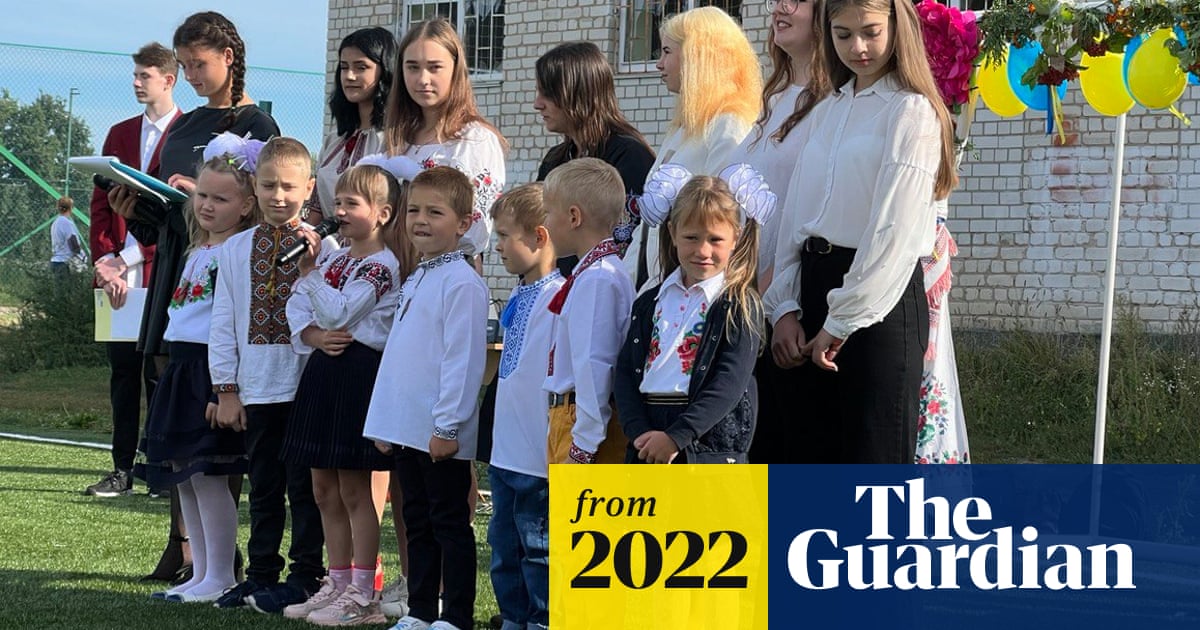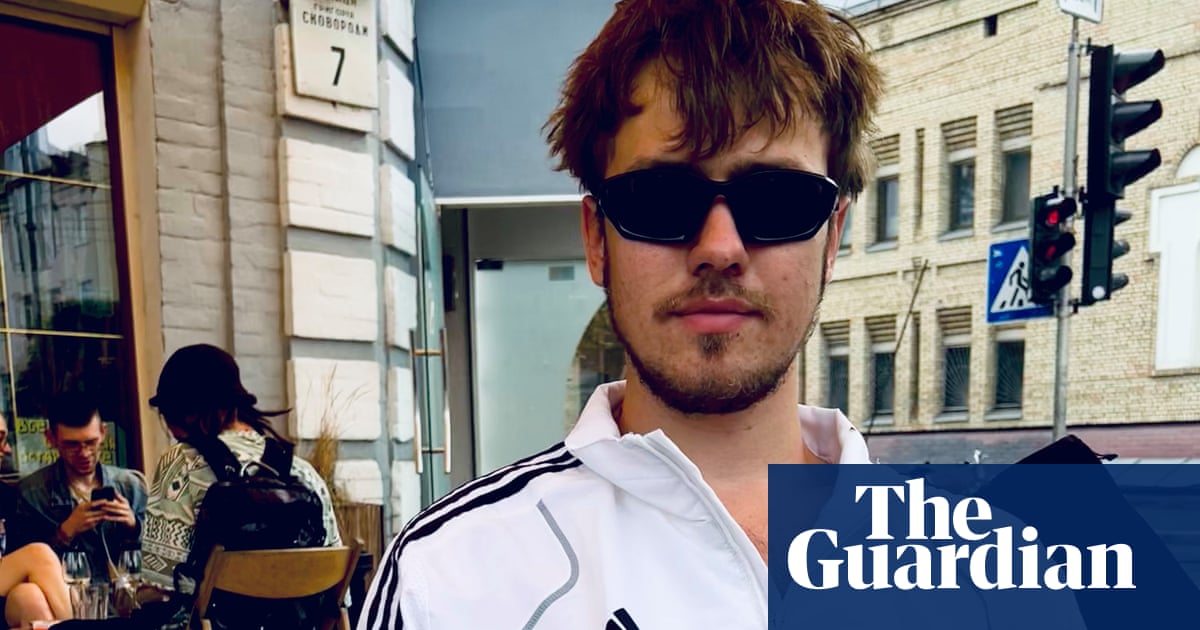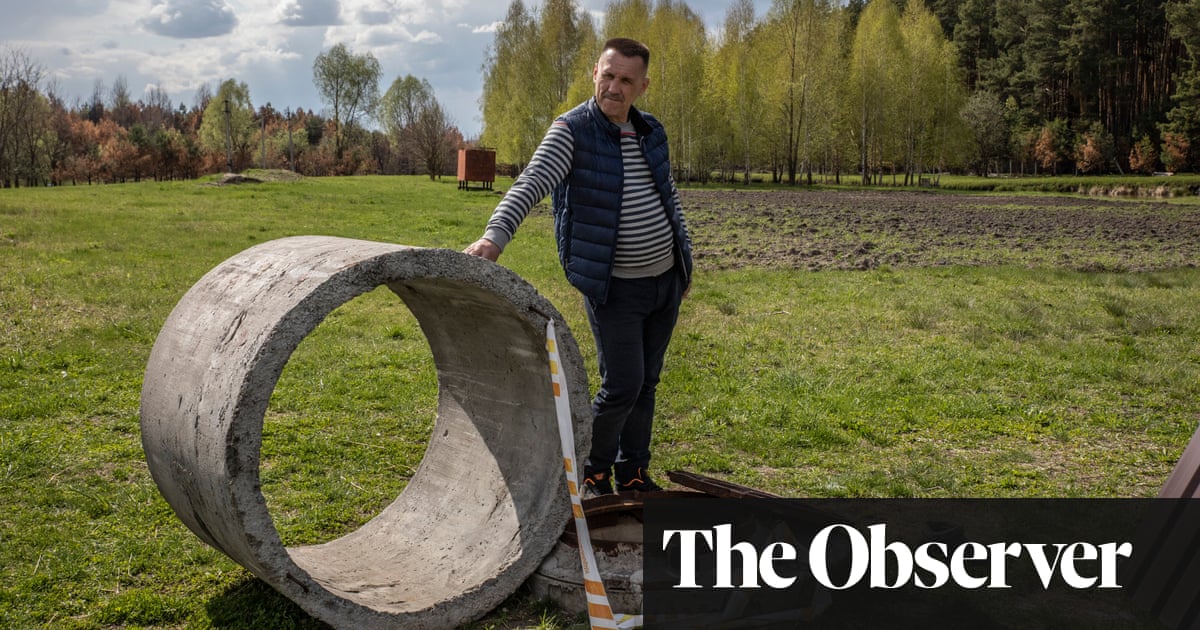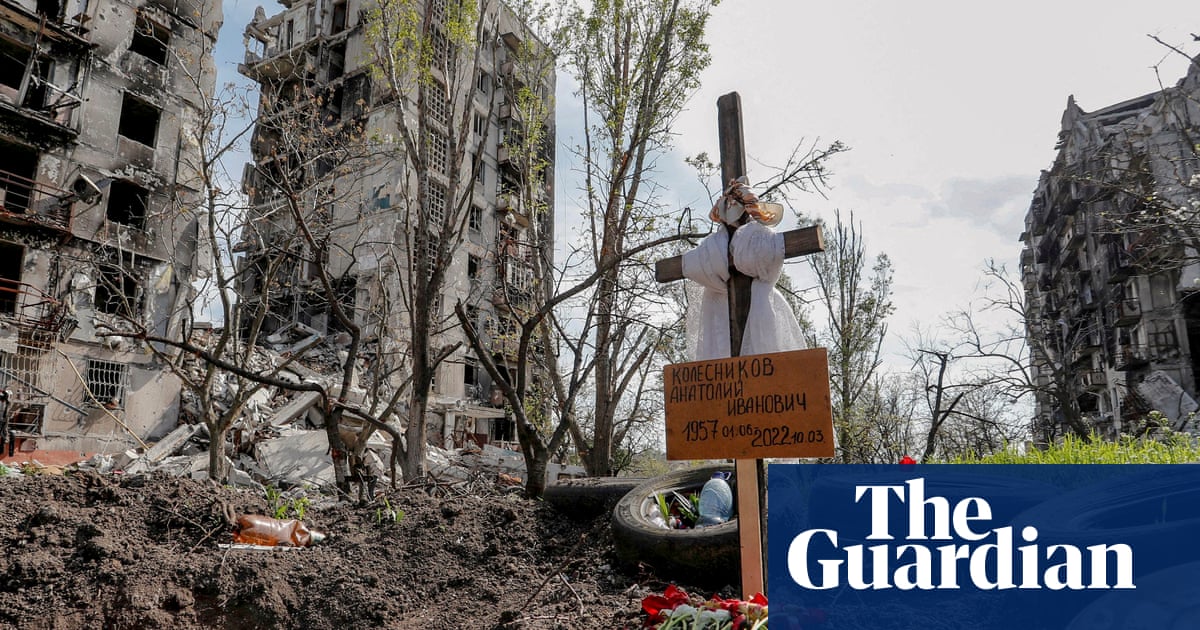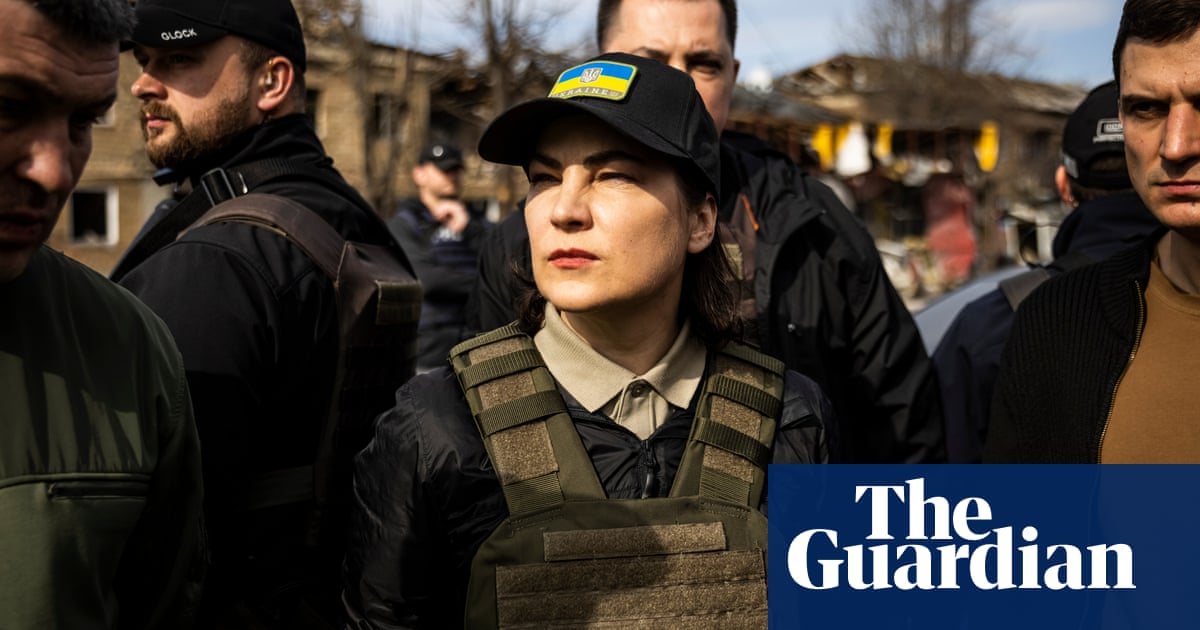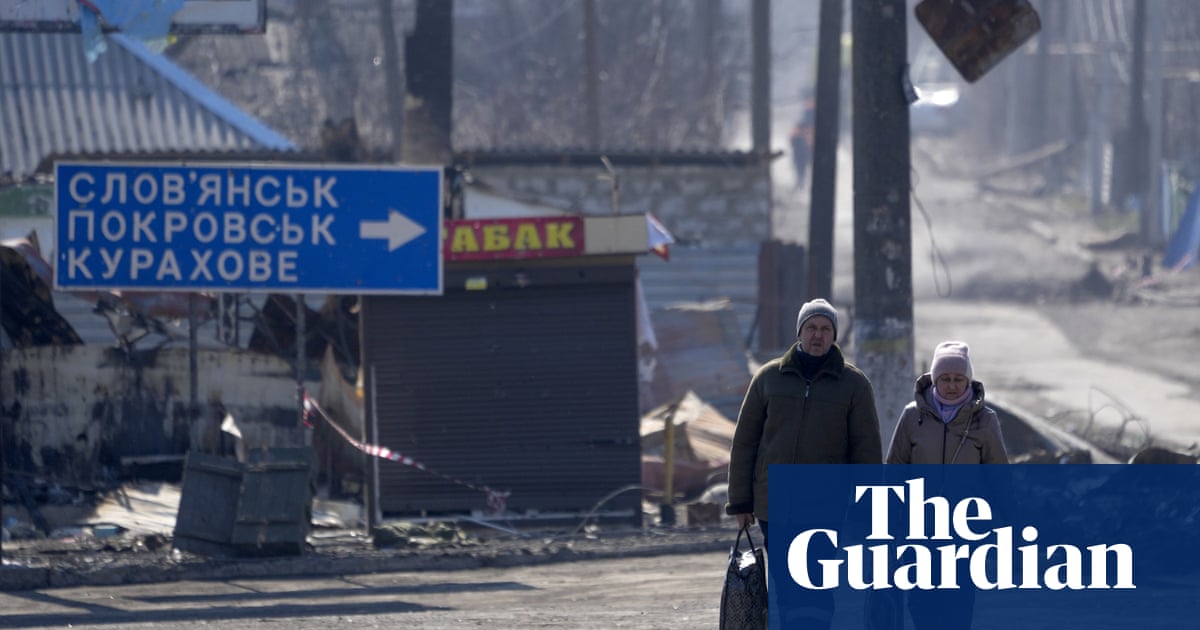British Medical JournalThe mission to meet Ukraine’s surging demand for mental health treatment
Ukraine’s leading psychologists and hundreds of their peers across the world have rushed to help with the country’s evolving mass mental health crisis. Isobel Koshiw reports Vitalii Panok and his family fled Kyiv for Berlin on the second day of the Russian invasion, queuing alongside millions of other Ukrainians to cross the border. As the director of Ukraine’s Scientific and Methodological Centre of Applied Psychology and Social Work, which develops the methodology and training for the 20 000 psychologists in Ukraine’s educational institutions, he recognised the mental impact of the trauma on those alongside him. An initial assessment conducted by Ukraine’s authorities last summer found that 70% of the population were experiencing stress and anxiety and over half were at risk of developing mental health problems. Once in Berlin, Panok realised he had to do something. If some psychologists could be trained in psychological first aid and the basics of trauma therapy they could in turn train others. The resulting programme is one of several tackling the immense demand for mental health support among Ukraine’s disrupted and displaced citizens—and among psychologists themselves. At the Psychologische Hochschule, Berlin, Panok met colleagues who were willing to help. He also managed to get financial support from the German foreign aid agency, GIZ, and together with several Ukrainian and German trauma specialists selected a group of 40 Ukrainian psychologists from different regions. They chose two war affected areas: Sumy in the north east and Dnipro in the south east, and Ivano-Frankivsk, a region in western Ukraine that has absorbed thousands of internally displaced people. The six month programme, Hope, which will continue to take on new groups this year, was designed to help psychologists acquire practical solutions to the new problems their communities are facing—acute anxiety, trauma, stress, war related grief, and post-traumatic stress disorder. …
